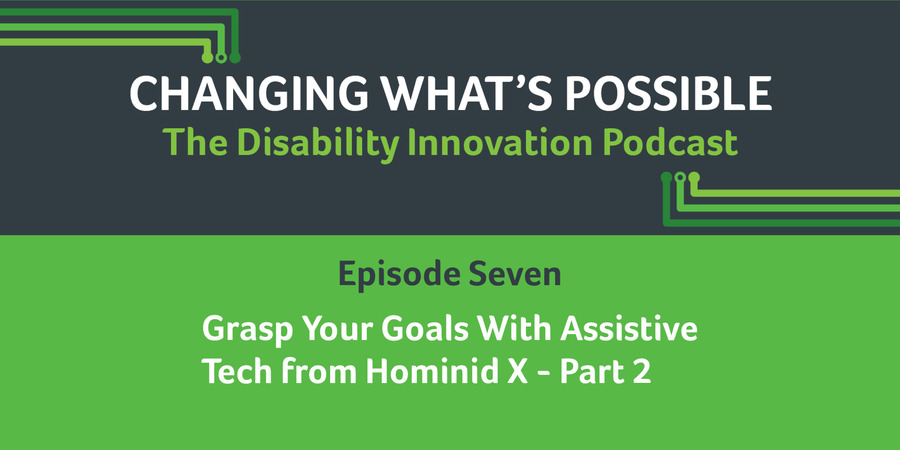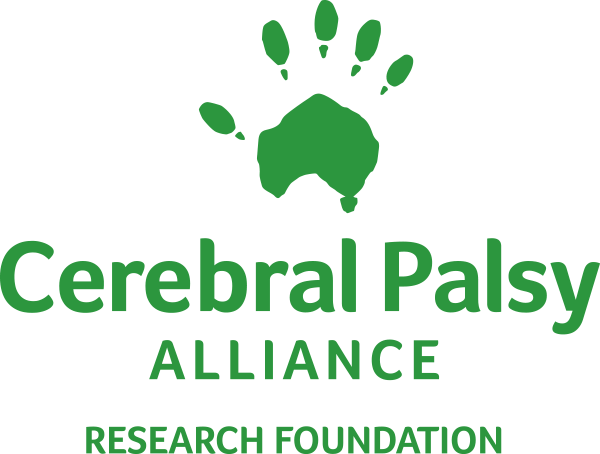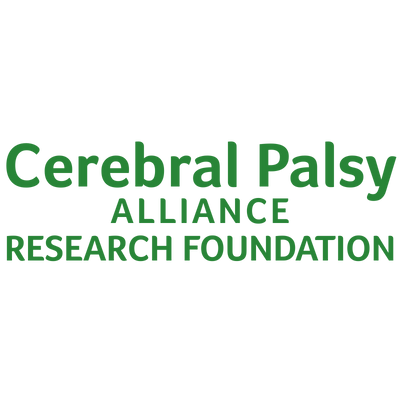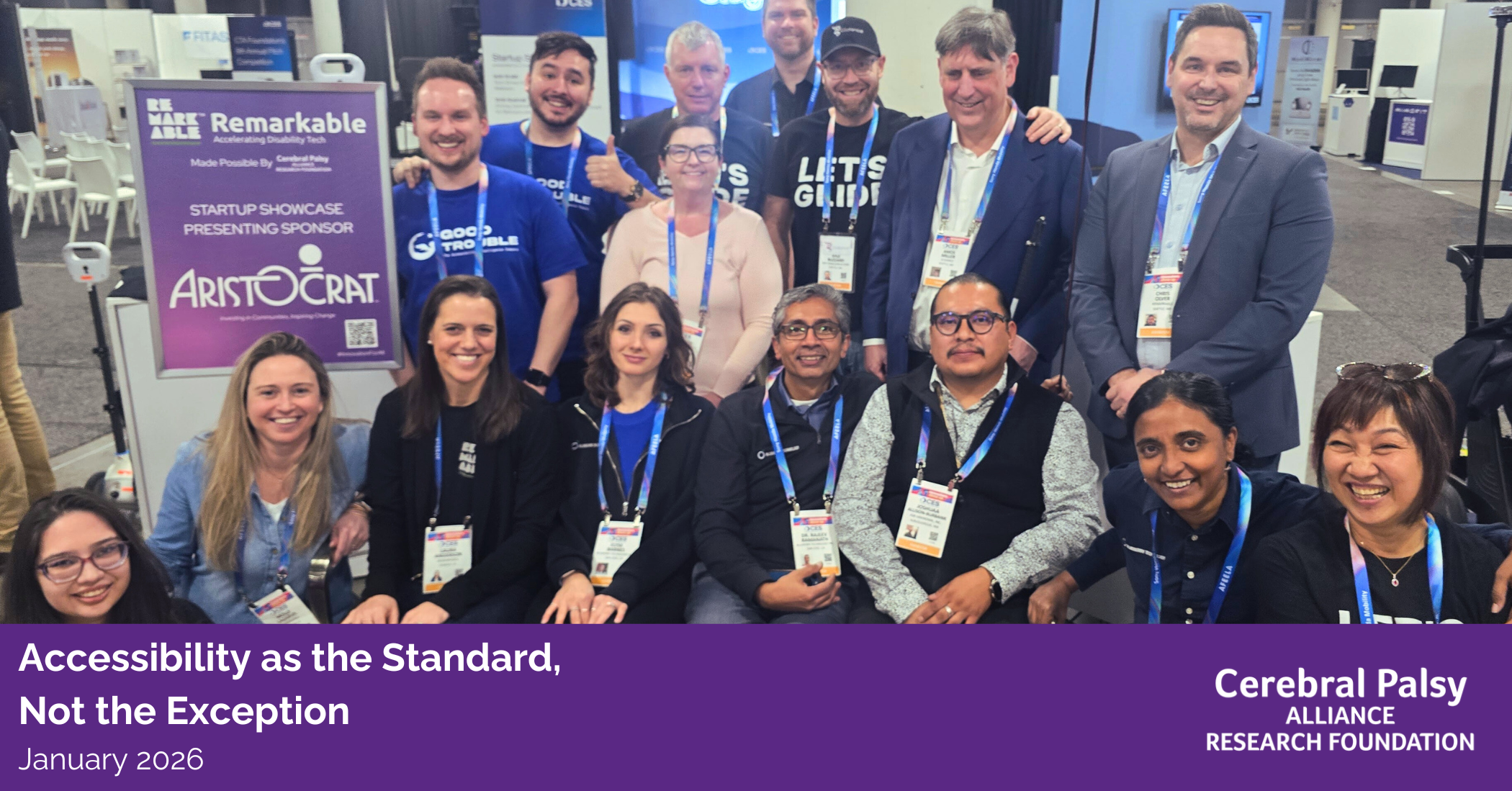
Changing What’s Possible: The Disability Innovation Podcast | Season Two
Episode Seven | Grasp Your Goals With Assistive Tech from Hominid X – Part 2
From simple straps to complex robots, many products have been developed over the years to help people with hand disabilities. But most of them aren’t suitable for daily use because they’re too cumbersome, feel uncomfortable, require frequent charging, or are highly specialized to help with just one kind of task. In the second episode of our two-part interview, you’ll hear more about how Hominid X designs user-friendly assistive grasping tools that empower people with hand disabilities to achieve their goals. Hominid X Founder and CEO Thane Hunt joins us again to share more about the company and one of their products called The Modern Cuff. Our second guest is Megan Dloniak, a stroke survivor who has been using Hominid X’s products in her everyday life. She provides important perspectives from her lived experience and shares how Hominid X’s products are helping her achieve her own entrepreneurial dreams
View the transcript for Episode Seven
Listen and subscribe to learn more about how you or someone you care about can benefit from today’s latest advances in disability tech.
Thanks for listening! We’d love to know what you think of Changing What’s Possible. Please leave us a review on your favorite podcast platform, share your favorite episode with your friends, and help spread the word on social media.
Follow us: Instagram | Facebook | Twitter
Check out episodes from Season One and catch up on our conversation with Hominid X with Part One!
Fri 23 Jan 2026
An update on one of our most important initiatives: expanding access to life-changing assistive technology for Native Americans with disabilities.
Fri 05 Dec 2025
An update on one of our most important initiatives: expanding access to life-changing assistive technology for Native Americans with disabilities.






